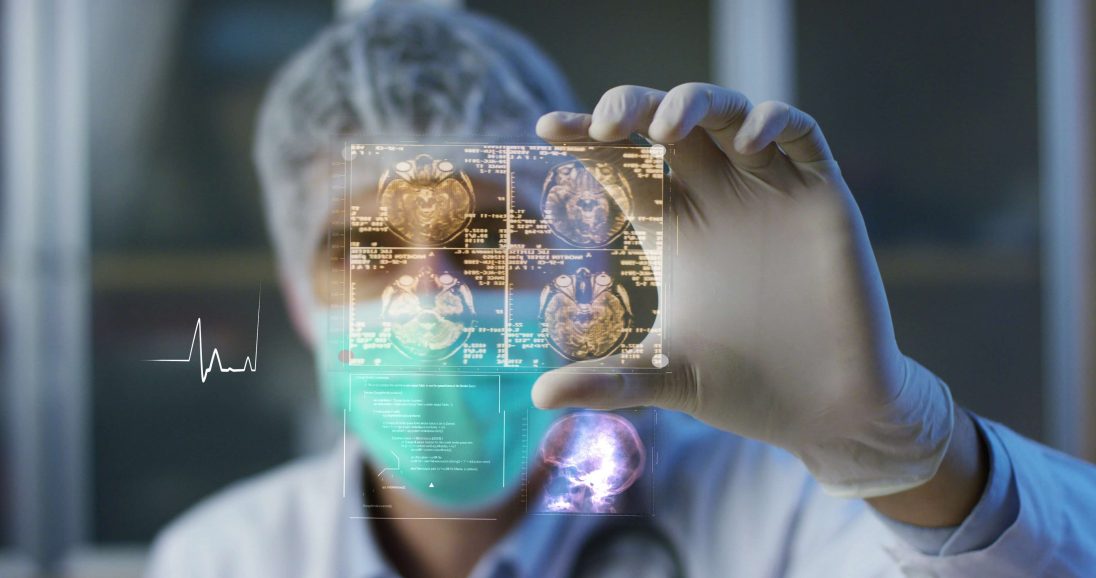


Our world has the potential for endless possibilities and as a society we pride ourselves in the ability to come and go as we please. This freedom to move around on a whim possesses a great challenge in the case of fast spreading viruses such as Covid-19. Though its fatality remains low, the rate of infection is increasing at an alarming rate. As it stands, Covid-19 is proving more dangerous than MERS or SARS, with more than 381, 761 people infected and more than 16, 558 killed worldwide.
Covid-19 is spreading at an incredible speed and changing everything in its wake. Our lives have undergone an extreme transformation in a bid to achieve containment. Modern advantages offer much needed relief as we turn towards digital technology solutions. Aside from digital configuration, many sectors including scientists, doctors and technology experts are hard at work in pursuit of a remedy to this viral blight.
Prevention is Better Than Curing
People are deeply concerned about their health and are more conscious about what they are eating and touching than ever before. The current situation is a learning factor for all of us. People need to know and trust more. They want to know what they are eating and what they are putting in their mouths.
The world is going through an unprecedented change. Healthcare challenges are affecting the way we act, interact and run our businesses. By taking the right actions and addressing communicable diseases. One of the ways to prevent the next pandemic is by making our supply chains more efficient.
Food Safety Solutions and Mending the Supply Chain
At the beginning of time, men and women were mainly hunter-gatherers. Hunting for themselves, not too concerned about food safety. With the industrial farming revolution farmers are able to produce more food than ever before to feed a growing population.
In the era of production agriculture, increasing shelf life by coating fresh produce with chemicals has become the norm. In order to make crops grow better and last longer, farmers are using pesticides that have a horrendous effect on our health and wellbeing. To make matters worse, pesticides that were developed by the Nazis in World War 2 as a nerve gas agent may still be in circulation.
In a virtually connected world. We are disconnected on different levels yet we don’t have access to fresh food. Nowadays cities appear ever more separated culturally from the rural places that feed them and our food supply chain appears longer and knotted.
In a time when consumers are making conscious choices on what they are putting in their mouths, the COVID-19 scenario has become something that people consider before they purchase products. Asking questions like where product’s origin?, expiration date?, who handled the food? and how was it handled?
Consumers want to be able to scan a code on a package and know its history. When the food produced has an audit trail, consumers can see the full life cycle of the product. He can check if the product follows international standards. For example – the farm where the food was grown, processes and ingredients used. He can check whether these ingredients are an edible fit for their cultural norms.
There is a history of outbreaks in the US. In 2006, a Spanish outbreak killed all the farmers’ livelihood because they weren’t able to trace and track efficiently.
Similarly, there was another outbreak that occurred in 2008 in the United States by a company called Peanut Corporation of America. It had a knockoff effect because that ingredient was used in so many other products. By the time the dust settled, there were 3,913 different food products that had to be recalled because of a small manufacturer that produced two percent of the peanut paste. With its company fall, their CEO got 40 years in prison.
Now that we are faced with a pandemic in the form of Covid-19, nobody knows exactly how the virus has spread. There are different theories about the origin of the virus.
How are retailers are going to address the food safety and tractability of food items they are selling to the customers? It’s time to create greater connectivity with the consumer and people that are actually growing food.
Blockchain Working with Supply Chains to Turn the Tide on Future Pandemics
Blockchain could be a disruptive technology to make that a safer, more sustainable, more efficient system. It can help us move beyond tractability to transparency, collecting information from farms with Blockchain by placing smart devices in every farmer’s hand.
In the modern grocery store. Thousands of food products are frozen. Fresh fruits and vegetables from around the world. Where is this food coming from? By combining blockchain and supply chain we can unlock answers.
Looking to Technological Solutions like The Alacrity Network
In order achieve the holy grail of transparency and traceability, we need an infrastructure that allows us to build truly scalable and robust applications. Alacrity blockchain network provides this ecosystem for developers and the end user.
In the food supply chain where farmers have access to iot devices. Alacrity provides
Decentralised storage to store the coming data, universal oracle that will be used to import data into the smart contract, a series of SDK to build applications on top, app store where you can place your application.
On top of this unlike ethereum and hyperledger. Alacrity network has designed its ecosystem to reward the developers.
The good news is more than 100,000 people have recovered from COVID-19. In order to prevent diseases like COVID-19 in the future. Blockchain has the potential of shining a light on the food system, bearing transparency and that visibility driving appropriate self-desired behaviours.
With a solution like Alacrity’s Blockchain consumers have transparency and each activity can be tracked and isolated. Promoting responsibility will encourage people to self-govern their behaviour. In the upcoming articles we will be looking at how Alacrity’s Universal Oracle can be implemented in legacy systems.

Leave a Reply